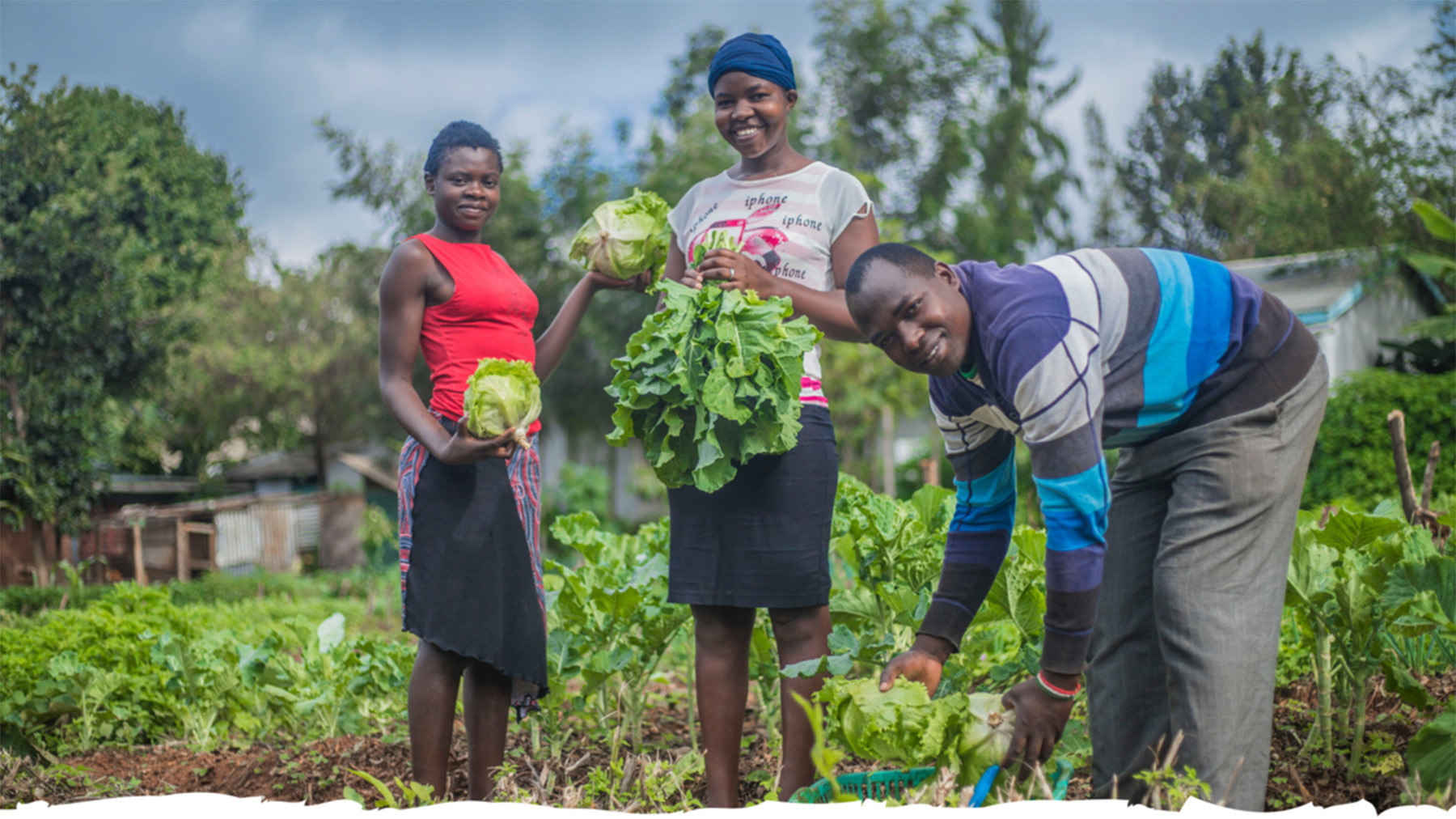Farming isn’t merely about sowing seeds and waiting for a harvest; it’s a delicate dance between nature’s rhythms and human ingenuity. Successful farms aren’t just lucky; they’re strategically cultivated, nourished by a blend of traditional wisdom and modern innovation. Here are some best practices that can transform a farm into a thriving hub of productivity and sustainability.
Soil Health Management
Healthy soil is the foundation of a successful farm. Practices like crop rotation, cover cropping, and minimal tillage help maintain soil structure, retain moisture, and promote nutrient balance. Regular soil testing guides farmers in understanding nutrient deficiencies, allowing for targeted fertilization.
Water Conservation and Management
Water is a precious resource, especially in agriculture. Implementing drip irrigation, rainwater harvesting systems, and proper drainage techniques help optimize water usage and prevent wastage. Conservation practices ensure that crops receive adequate hydration while minimizing environmental impact.
Crop Diversity and Rotation
Monoculture farming poses risks such as soil depletion and increased vulnerability to pests and diseases. Diversifying crops and rotating them seasonally enhances soil fertility, disrupts pest cycles, and reduces the need for chemical inputs. It also opens avenues for market diversification and risk mitigation.
Technology Adoption
Embracing technology can revolutionize farm operations. From precision agriculture tools for soil mapping and yield monitoring to drones for crop surveillance, technological innovations optimize resource allocation and decision-making. Farm management software streamlines administrative tasks, enabling data-driven insights for enhanced productivity and efficiency.
Continuous Learning and Adaptation
Successful farmers are lifelong learners, staying abreast of emerging trends, techniques, and market dynamics. Engaging in workshops, attending conferences, and networking with fellow farmers fosters knowledge exchange and innovation. Remaining adaptable to changing circumstances and consumer preferences ensures long-term viability.
The journey to farm success is a multifaceted endeavor, blending tradition with innovation, stewardship with entrepreneurship. By adopting best practices that prioritize sustainability, resilience, and adaptability, farmers pave the way for a prosperous future. Each harvest becomes not just a product of labor but a testament to the harmonious relationship between humanity and the land.


Comments are closed.